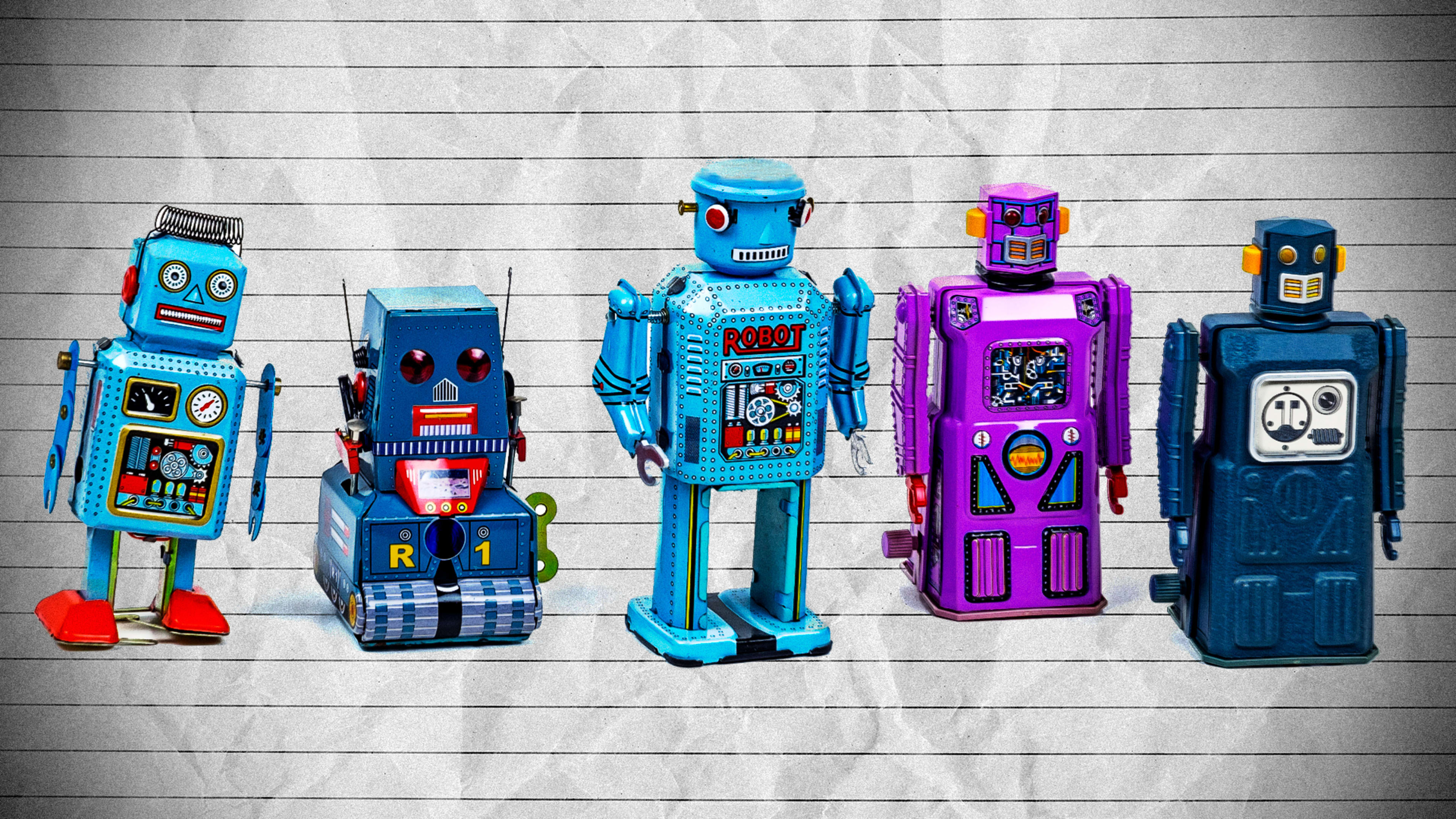Today, most companies outsource the grunt work of filling job vacancies to AI. Some sort of program typically identifies top candidates, manages the application process, schedules interviews, and even performs background checks. These systems ultimately do fill those vacancies—but in the process it employs overly simplistic criteria that prune “bad” applicants, rejecting millions of qualified workers, according to Harvard Business School study released Saturday.
Harvard’s findings, done in collaboration with consulting firm Accenture, help contextualize the job market’s challenge as the economy reopens, of hooking up job seekers with the right employer, and vice versa. This process clearly is not performing optimally: The number of unfilled job positions nationwide surged to a record 10 million in June.
AI was supposed to streamline the whole hiring process. Instead, it’s caused the number of applicants to balloon. The study notes that a decade ago, the typical job posting received 120 applicants, but this figure has since risen to 250. Overwhelmed companies have responded with more draconian automated filters in the hiring software, leading to the inevitable rejection of lots of otherwise qualified candidates, and to tons of unemployed job seekers.
The study’s authors say these résumé-scanning programs are used by 75% of U.S. companies (99%, when you limit it to the Fortune 500), and nine in 10 executives they surveyed admitted their programs weed out qualified candidates. In an interview, lead author Joseph Fuller gave the Wall Street Journal examples of hospitals rejecting nurses whose résumés didn’t mention “computer programming,” though the job itself only required logging patient data into a computer, and retailers nixing applicants who didn’t have “floor-buffing” experience.
Online nowadays, you can find dozens of entire startups dedicated to helping job applicants “beat the bots,” meaning write a résumé that will get past the screening software. However, advice often boils down to hacking the algorithm—incorporating buzzwords, tweaking your job title, and things like that. But sometimes a résumé can’t be retooled to beat the bot: If you have, say, an employment gap that’s six months or longer, half of the companies in Harvard’s study will eliminate you. The authors say this practice alone can de-facto eliminate big chunks of the population without bothering to learn the context—working moms, military veterans, immigrants, people who fought through a serious illness, people who took care of a loved one who was fighting through a serious illness, or, you know, also people affected by a global pandemic.
Of course, this is AI doing what AI does best. But the Harvard study suggests the side effect is American workplaces are less diverse than they could, and should, be.
Recognize your brand’s excellence by applying to this year’s Brands That Matter Awards before the early-rate deadline, May 3.
